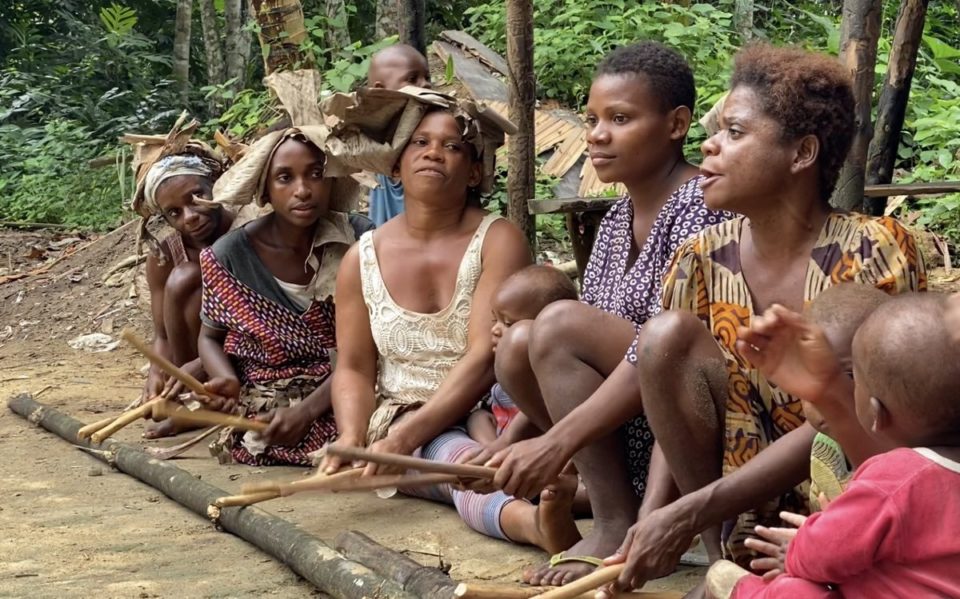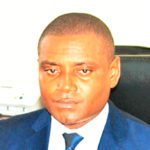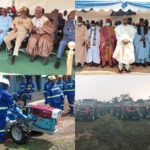This year’s commemoration of the World Indigenous People’s day upholds women as the backbone of these communities thanks to the crucial role they play in preserving and transmitting ancestral knowledge.
The theme for this year is the role of indigenous women in the preservation and transmission of traditional knowledge. For generations, indigenous societies have preserved highly sophisticated knowledge of the natural world and have reconciled this with their culture, spirituality, and cosmovision of their place in the ecosystem of life. According to the UN, the significance of indigenous peoples’ traditional knowledge is widely acknowledged: “Long before the development of modern science, which is quite young, indigenous peoples have developed their ways of knowing how to survive and also of ideas about meanings, purposes and values.”
However, despite the crucial role that indigenous women play in their communities as breadwinners, caretakers, knowledge keepers, leaders and human rights defenders, they often suffer from intersecting levels of discrimination on the basis of gender, class, ethnicity and socioeconomic status. Their right to self-determination, self-governance and control of resources and ancestral lands have been violated over centuries. Small but significant progress has been made by indigenous women in decision-making processes in some communities. They are leaders at local and national levels, and stand at the frontlines of defending their lands, their cultures, and their communities. The reality, however, remains that indigenous women are widely under-represented, disproportionately negatively affected by decisions made on their behalf, and are too frequently the victims of multiple expressions of discrimination and violence.
In Cameroon, there are hree main groups of indigenous peoples; indigenous forest peoples (Baka, Bagyeli, Bakola and Bedzang – called ‘Pygmies’), who are traditional hunter-gatherers living mainly in the forests of the South East and Centre regions, the Mbororo, indigenous pastoral peoples who live mainly in the savannah areas of the East, Northwest and Adamawa regions and the Kirdi mountain peoples located in the North of Cameroon. Over the years, government has strove to provide more schools and health facilities in areas where these groups live, provide more access to land for agriculture, livestock and fisheries activities, provide basic social services and socio-professional integration, facilitate their integration into society through specific training and supervision programs while taking into account their environment.
Claudette CHIN




